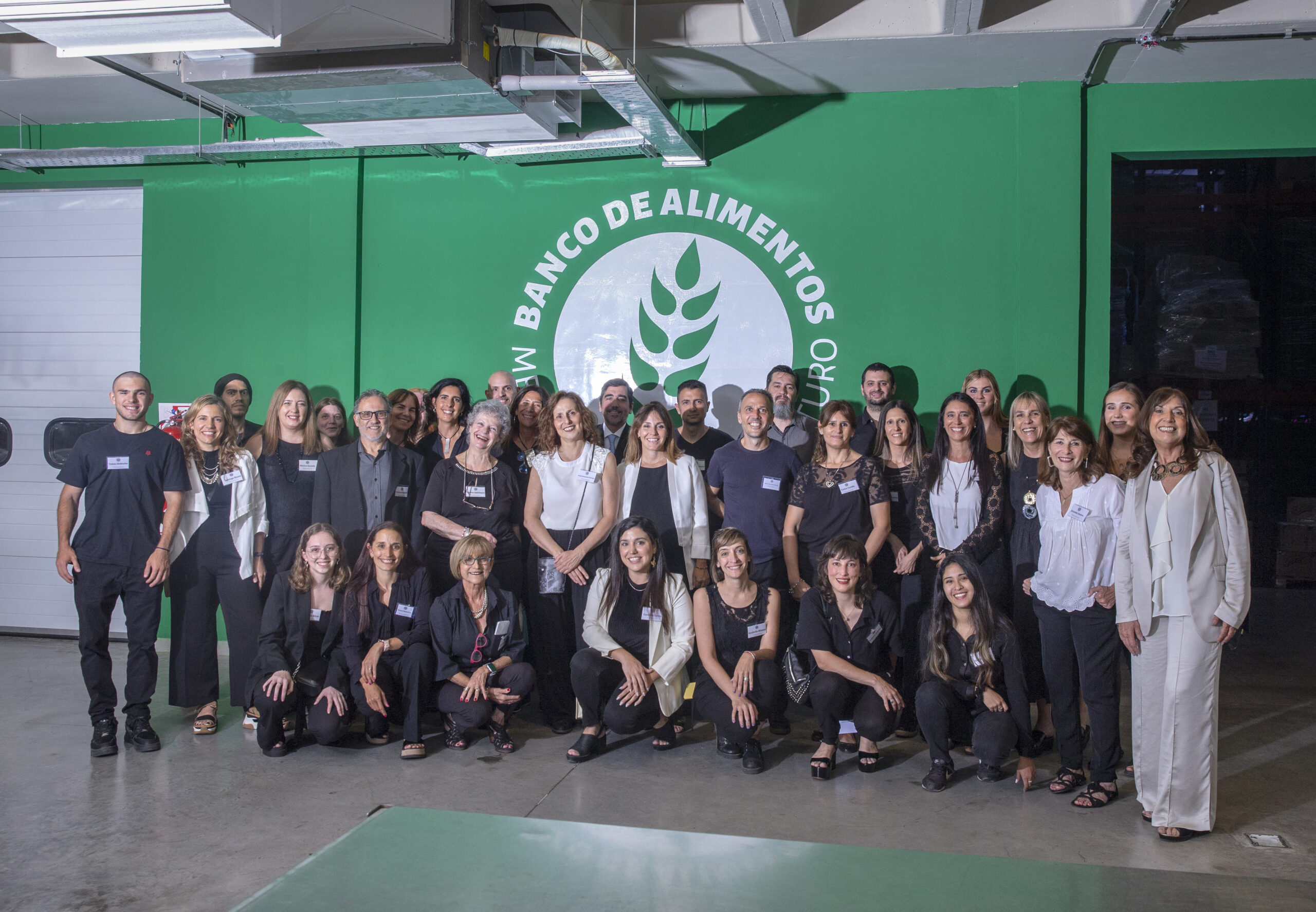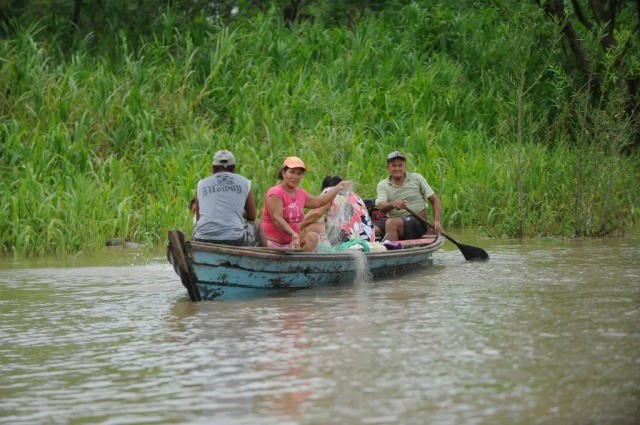Agroecological fairs in Pernambuco: from the coast to the backlands of the state
A forma de cultivo e consumo dos alimentos interfere mais na saúde do consumidor do que se imagina. Se você tem curiosidade em saber sobre os processos que sua comida passou até chegar em sua mesa, certamente é preciso conhecer a agroecologia, a agricultura familiar e as feiras agroecológicas.
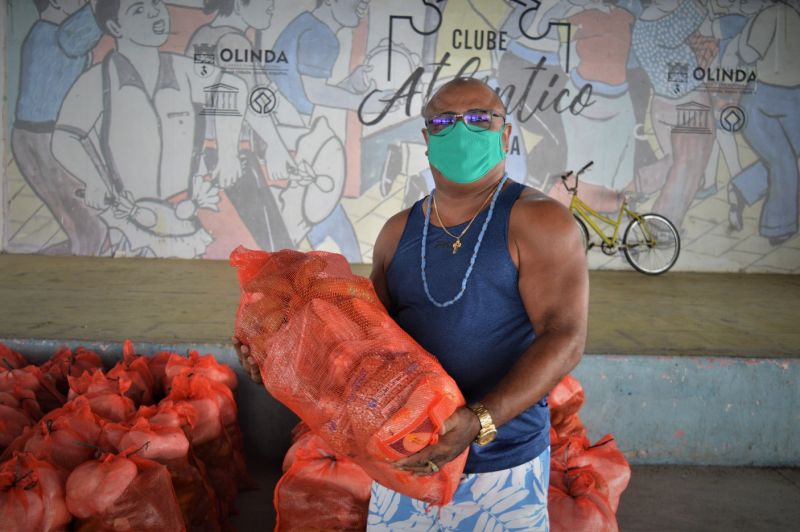
Credit: Darliton Silva/Centro Sabiá
By: Eduarda Nunes / Lupa do Bem – Favela em Pauta
Although it may seem new, family farming is one of the oldest forms of food production that exists and is linked to traditional indigenous practices. This form of cultivation is aimed at subsistence and local trade and is a counterpoint to productions that involve large machinery, chemical substances and the exhaustive removal of ores from the ground (export trade).
Family farming has its own legislation and employs more than 10 million Brazilians, according to the 2017 Agricultural Census. The North and Northeast regions concentrate most of this type of production, with Pernambuco and Acre being the most prominent states.
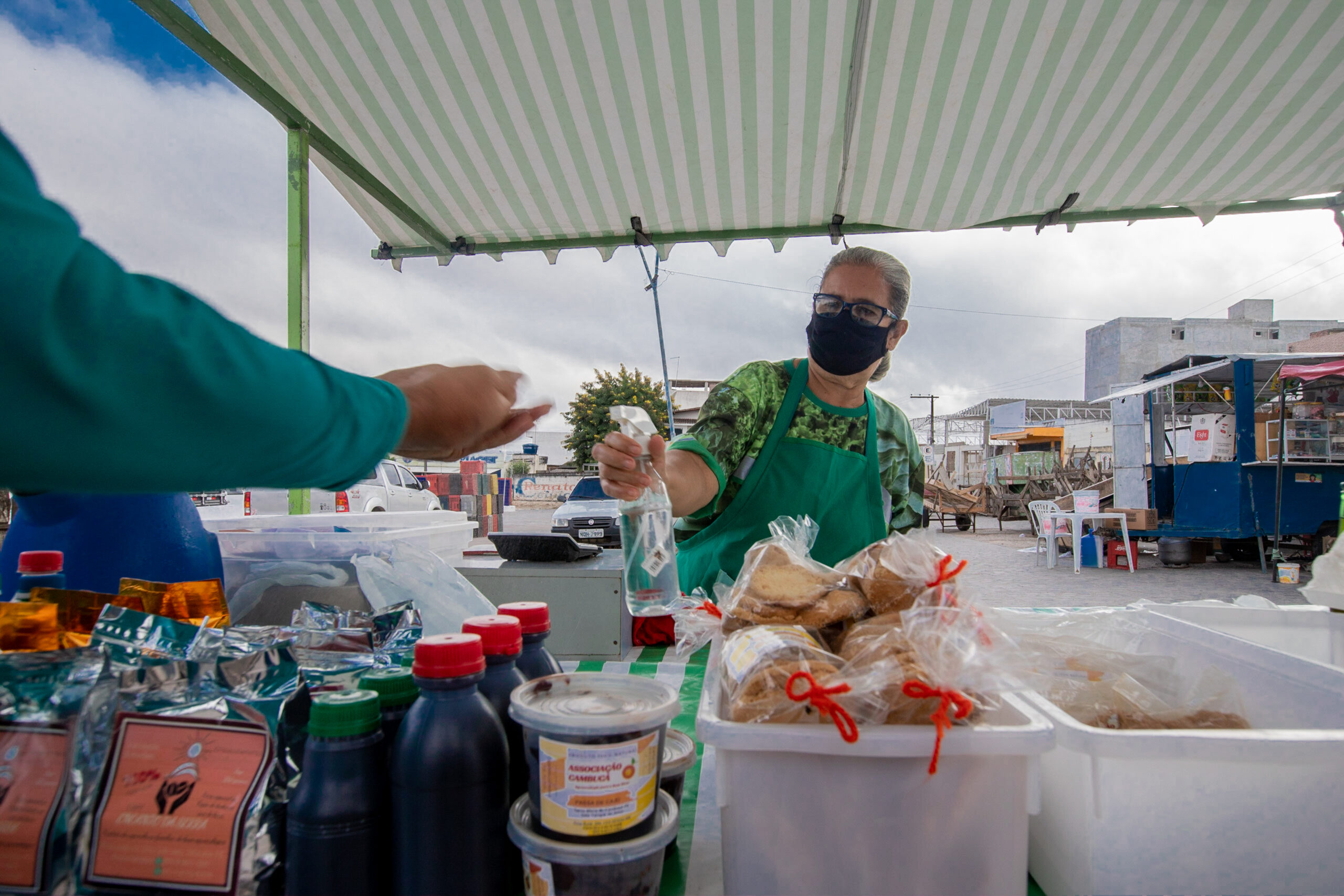
In the 1980s, because of a famine scenario that was approaching rural populations, the Federation of Organs for Social and Educational Assistance (Fase) launched the PTA Network – Alternative Technologies Project.
Propagating solutions and possibilities for income generation and food production for farmers from all over Brazil was the main objective of the initiative. In the state of Pernambuco, one of the groups that were part of this network of exchange of practices and knowledge created Centro Sabiá in 1993, in Recife.
Still in the training phase and in contact with organizations of rural workers and technicians in Ceará, the members of Centro Sabiá know Ernst Götsch and agroforestry systems. They mix the forest and the fields in the same environment, conserving the vegetation, taking care of the soil and producing food. From this meeting, it was decided that this would be the main work path of the Center. And indeed, it was.
Fairs: spaces for exchange and sharing
On October 16, 1997, on World Food Day, a fair was held to demonstrate the production of farmers supported by Centro Sabiá and other organizations that encourage and research agroecology, such as Serta and Cáritas Brasileira. It took place in Praça da Jaqueira, north of Recife, and is the embryo of the Espaço Agroecológico das Graças, the oldest in the state.
After the successful holding of the event, the farmers asked that the fairs continue to take place. It is from this demand, in line with initiatives and public policies to encourage and strengthen family farming, that today there are agroecological spaces from the coast to the state’s hinterland.
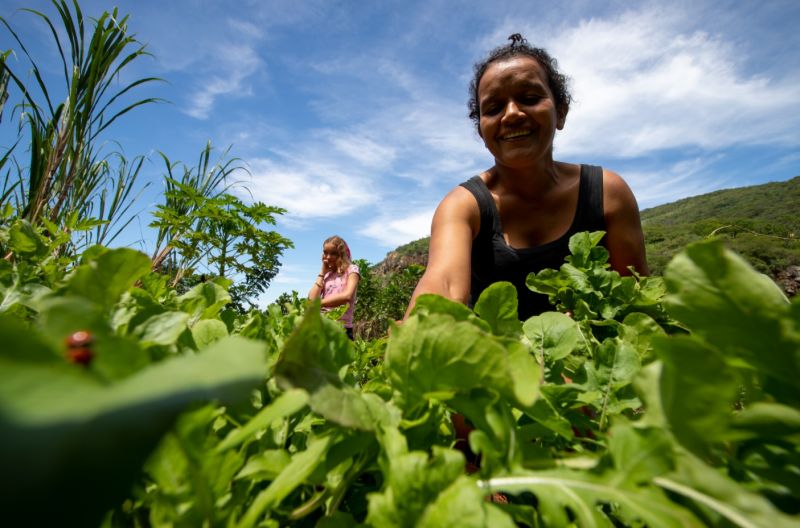
In these spaces, not only the commerce itself takes place, but also a strengthening of the ties between producers and consumers. A whole exchange of knowledge and affections between the countryside and the city takes place from there.
Alexandre Pires has been at the Center for 12 years and is currently the general coordinator. He understands that “this process was showing itself to us as a strategy to break with the capitalist policy of the food economy”, in the sense of shortening the participation of intermediaries in this scenario.
“When farmers sell their produce directly to the consumer, they end up breaking this cycle that leaves them with a lower profit margin. At the same time, they have more access to cities, dialoguing [with] other people, other places and other environments that also contribute to the training processes”, he says.
The pandemic and the impact on food consumption and production
During the pandemic and with social isolation due to the spread of Covid-19, the consumption of organic food has decreased a lot and farmers have been greatly harmed.
Not only because of the pause in the realization of Agroecological Spaces, but also because of the cuts in contracts with municipalities and other institutions. One of the initiatives spearheaded by Centro Sabiá was the creation of agroecological baskets that were sold through social networks and made weekly deliveries of the production of farmers assisted by the Center.
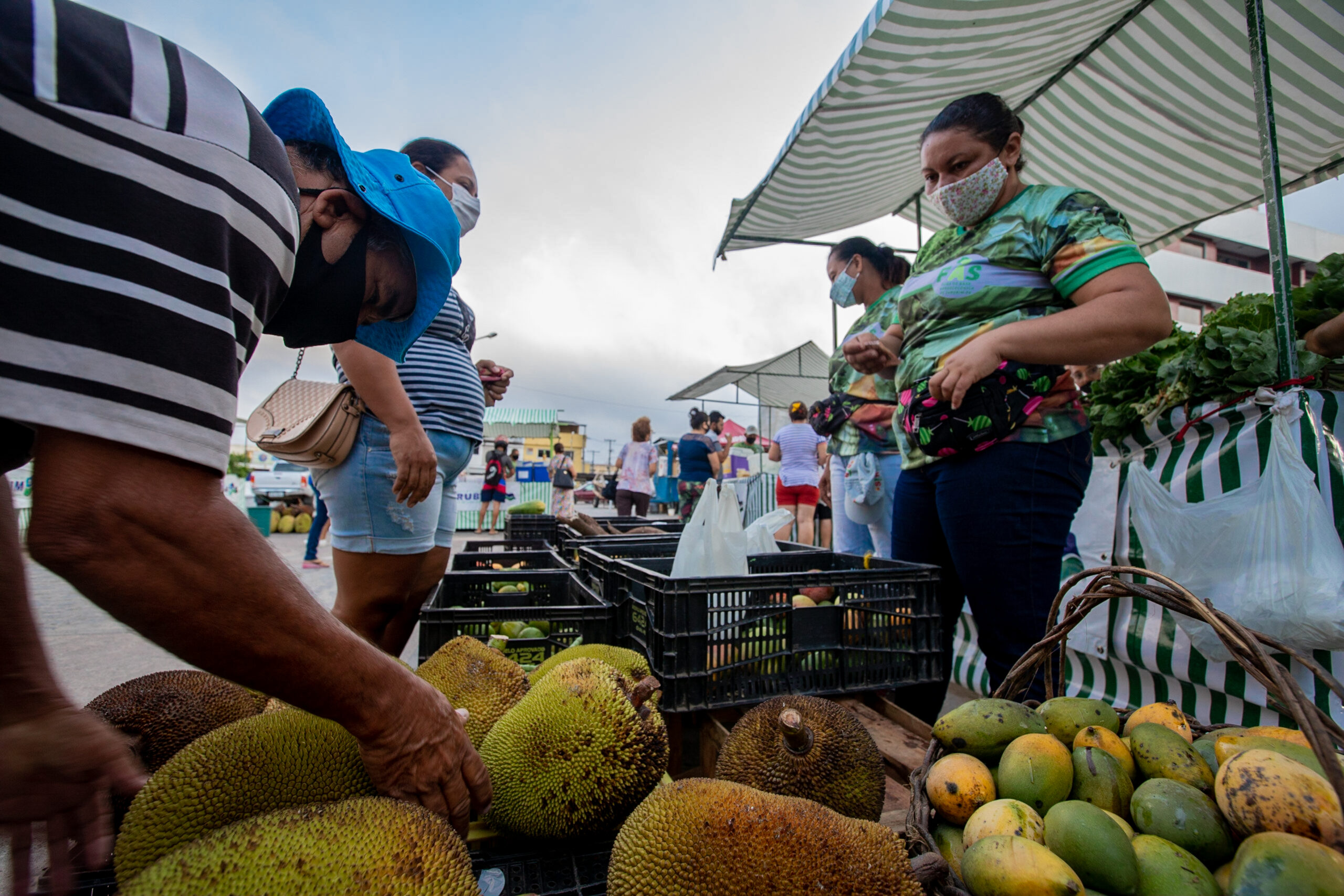
Institutional avenues were also activated, such as the “Assis Carvalho Law” with emergency aid measures for family farmers in this period, approved in record time in the Chamber of Deputies and the Senate, but which was vetoed shortly after its processing.

